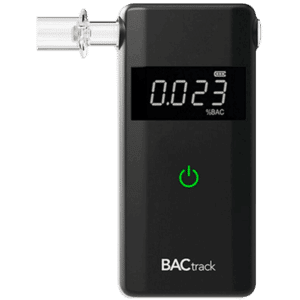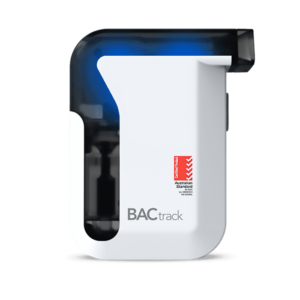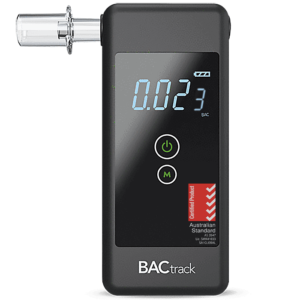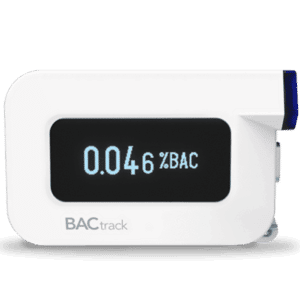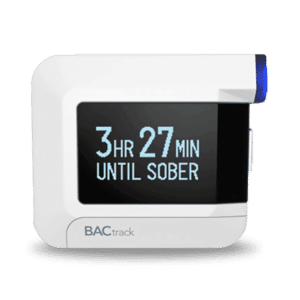Random Drug Testing at Work Your Rights: Overview & Workplace Policies
15 February, 2024

Random drug testing in the workplace is one of the preventive measures that employers place to minimise the hazards of substance abuse. However, it is also a contentious issue that raises concerns about invasion of privacy and employee rights. Therefore, discussing random drug testing at work and your rights is crucial to understanding the legal implications for employees. The aim of this test is to identify individuals who are posing current risks from impairment and deter abuse.
Many workplace accidents happen due to drug and alcohol use or abuse. It impairs the abilities of individuals to perform tasks safely, including judgment, cognition, and coordination. This often leads to errors, particularly in operating equipment and heavy machinery. Hence, many organisations adopt drug and alcohol testing policies to combat this issue. In this article, we will explore the nature of random drug testing in the workplace, company policies, and types of test methods.
An Overview of Random Drug Testing at Work and Your Rights in Australia
Random testing is the process of screening individuals if they are under the influence of illegal drugs by collecting and analysing their biological samples. This test is done without prior notice or suspicion to monitor impairment among employees. Thus, it makes it difficult for chronic drug users to evade detection or circumvent the results.
In Australia, ensuring workplace safety is of paramount importance in any organisation. It not only safeguards the well-being of employees but also contributes to their productivity and overall job satisfaction. One crucial aspect of maintaining a safe work environment is to conduct periodic testing. Thus, there is an increasing need to cover random drug testing at work and your rights to ensure it does not violate employment rights or privacy laws.
Organisations can conduct drug testing as long as they have clear workplace policies. Additionally, implementing this procedure should be fair, consistent, and ethical. It includes having a legitimate reason to conduct the test and not to incriminate an individual or group.
A Brief History
- The history of workplace drug testing dates back to the early 1990s.
- The introduction of random drug testing came before an industrial court and tribunal, particularly in construction, mining, and energy departments.
- High-risk sectors began testing their employees as a response to the alarming rate of accidents and injuries due to substance use or impairment. Thus, the law mandates regular drug tests in these industries, including transportation, defence, and forestry.
- Today, drug testing remains self-regulated in private sectors. However, businesses can implement these tests under the Occupational Health and Safety (OHS) Act for safety reasons.
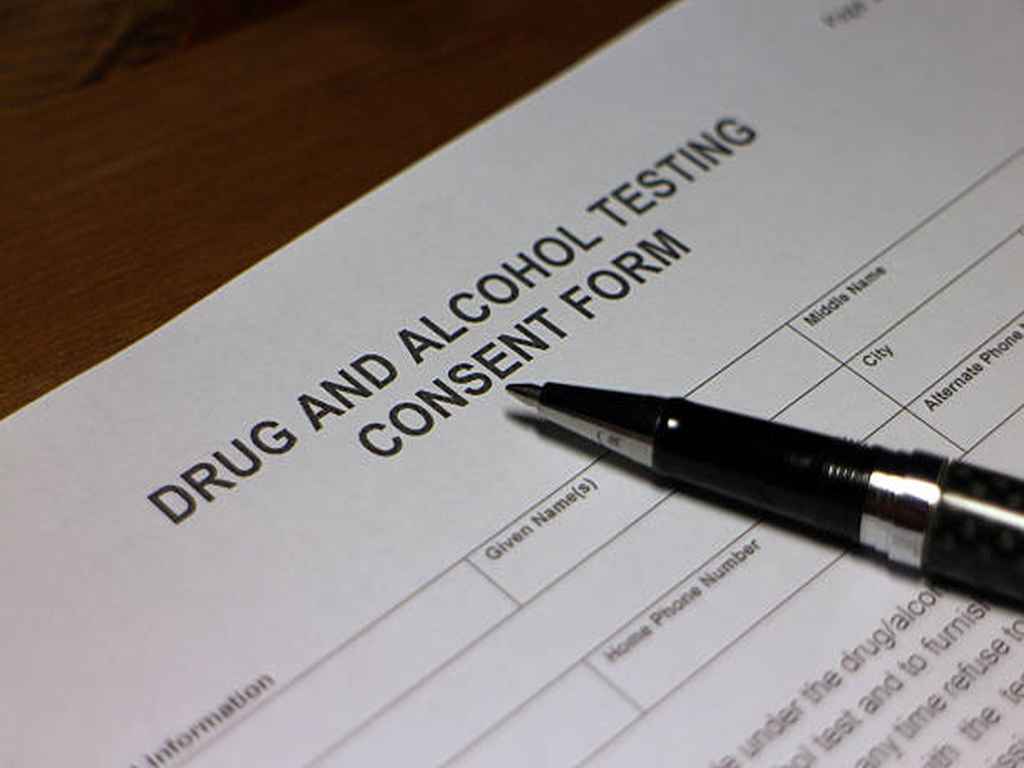
Workplace Policies Regarding Random Drug Testing at Work and Your Rights
The workplace policy covers crucial aspects of risk management, including protocols for random drug testing at work and your rights as employees. Employers should communicate the policy to employees to ensure complete understanding and cooperation. Likewise, it helps to avoid any legal issues. It outlines the purpose of testing, the methods they will use, the prohibited substances, and the consequences of positive results.
The tests often include the common illicit drugs, such as marijuana (cannabis), amphetamines, cocaine, and opiates. Testing for alcohol is also commonly included to determine impairment or alcohol abuse. Employees with positive drug test results may face disciplinary actions, such as suspension, termination, or rehabilitation programs.
Moreover, the policy should cover pertinent issues, such as employee rights related to privacy laws and confidentiality. The rights of employees include the protection of their privacy and fair treatment. This means that personal information, including drug test results, should be confidential. The policy should also adhere to the safety legislation relevant to their industry or jurisdiction. Lastly, employers should obtain informed consent from employees before administering drug screening procedures.
Development and Implementation of the Policy
It is crucial to first establish a comprehensive workplace drug and alcohol policy before implementing the testing procedures. Companies may seek the advice of legal experts and safety representatives to develop guidelines that align with the relevant laws and regulations. In addition, it should be updated regularly to keep up to date with changes in legislation and industry best practices.
Employers should communicate the policy to all employees through training sessions, written materials, or both. This ensures every one of their rights and responsibilities regarding random drug testing at work. Furthermore, organisations must follow the protocols in handling the violations to prevent unfair dismissal claims.
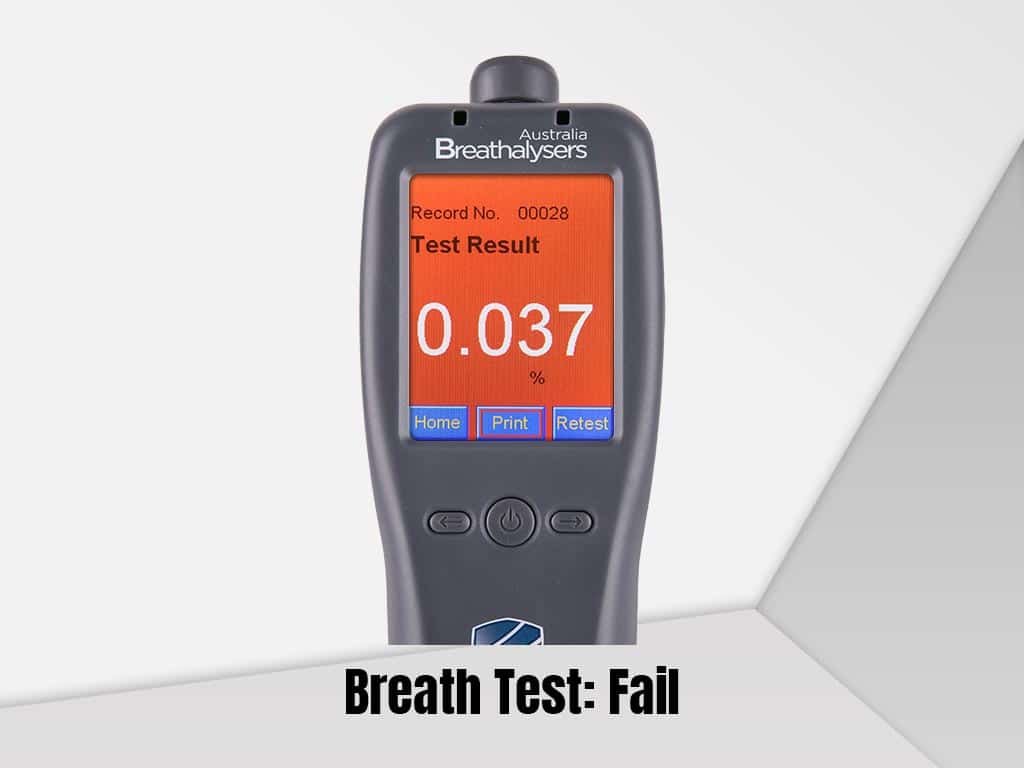
Types of Drug Tests for Random Drug Testing at Work Your Rights
Random drug testing at work and your rights use several types of test methods. It is important for employees to understand each of these tests and what they entail. The most common type is the urine test. This method is quick, non-invasive and can detect a wide range of substances within a certain timeframe.
Another type of drug test is the saliva test. It is also non-invasive and can detect recent drug use, typically within 12 to 48 hours after consumption. It is often used for on-site testing because of its simple sample collection procedure. This makes it suitable for random testing, which can determine if a person is working under the influence of drugs.
For alcohol tests, companies may utilise breathalyser testing. A breathalyser can measure blood alcohol levels through the exhaled breath within minutes. Additionally, the Blood Alcohol Content (BAC) indicates the level of intoxication of a person. Lastly, it is worth noting that a blood test is another method of testing that can provide the exact concentration of drugs or alcohol in the system. However, it is seldom used due to its intrusive nature.
Can You Refuse to Get Tested?
In most cases, it is not advisable to refuse a random drug test at work for several reasons. Primarily, employees must submit to the test if it is a part of their employment agreement. Before accepting a job offer, companies with zero-tolerance policies communicate random drug testing as part of the employment condition.
Refusing a test may result in disciplinary measures, including termination. However, there are circumstances where employees may refuse a test. These reasons may include medical conditions or concerns about the accuracy or reliability of the testing method. In such cases, employees may seek legal advice to determine their rights and options.
Conclusion
Random drug testing is a common practice that aims to ensure the safety and productivity of employees. This test is done without prior notice to detect individuals with current impairments or who may have substance abuse issues. It is essential in high-risk industries to prevent accidents from happening and deter abuse. However, it is necessary to understand what random drug testing at work and your rights entail. This includes the repercussions of testing positive for drugs or alcohol.
When conducting random drug testing at work, there are important guidelines that employers must follow to ensure fairness and compliance with relevant laws and regulations. The test must be fair, consistent, and non-discriminatory. It is also important to comply with privacy laws and safety legislation. In return, employees must cooperate with the testing process and understand their rights and responsibilities. By following these procedures, both employers and employees can create a safe and productive work environment.















